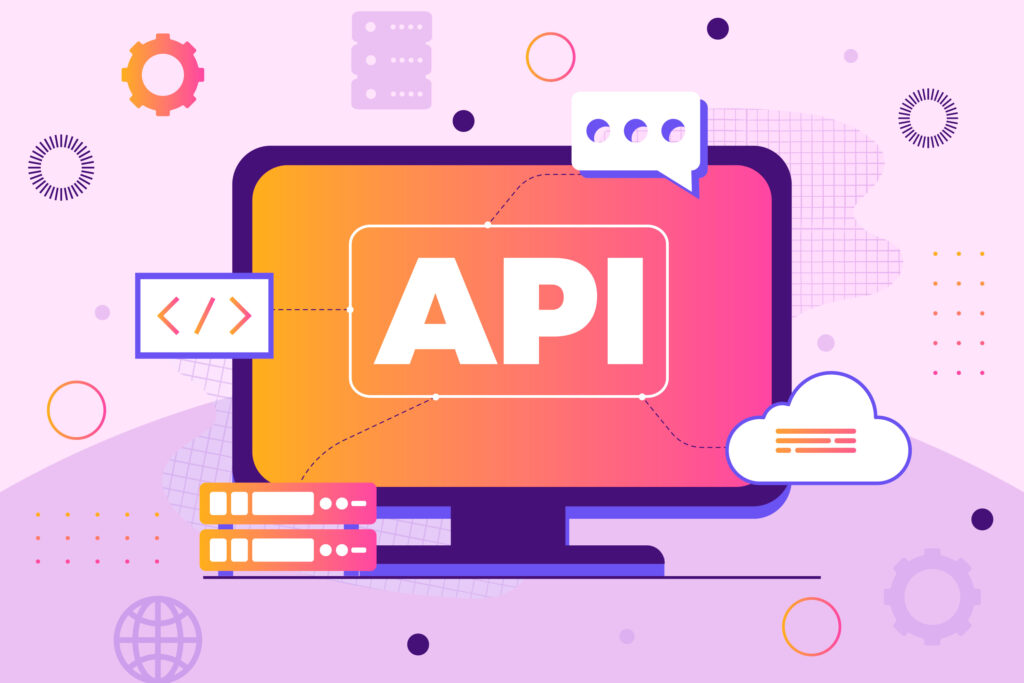
Introduction
An API, or Application Programming Interface, is a crucial component for any merchant services website, as it enables seamless communication and interaction between the website and various payment processing systems. Specifically tailored for the needs of e-commerce and financial transactions, a payment API allows merchants to integrate payment processing functionality directly into their websites, providing customers with a smooth and secure payment experience.
API’s serve as a Bridge
At its core, a payment API serves as a bridge between the merchant’s website and the payment service provider, facilitating the exchange of data necessary to initiate, authorize, and process transactions. By leveraging a payment API, merchants can offer a variety of payment options to their customers, including credit and debit card payments, digital wallet transactions, and bank transfers. This flexibility is essential for catering to diverse customer preferences and expanding the reach of the merchant’s business.
Encryption and Tokenization
Furthermore, a payment API empowers merchants to securely handle sensitive payment data without storing it on their own servers. This is achieved through the use of standardized encryption and tokenization methods, ensuring that customer payment information is transmitted and stored in a secure manner. By integrating a payment API, merchants can provide their customers with peace of mind regarding the security of their financial data, ultimately fostering trust and confidence in the online payment process.
API’s streamline management
In addition to facilitating payment transactions, a payment API often includes features for managing recurring billing, processing refunds, and generating detailed transaction reports. These capabilities enable merchants to efficiently handle various aspects of their payment operations, such as subscription services, order refunds, and financial reporting. By centralizing these functionalities within the merchant services website, a payment API streamlines the management of payment-related tasks and enhances the overall efficiency of the business.
Conclusion
In conclusion, a payment API is an indispensable tool for any merchant services website, empowering merchants to seamlessly integrate payment processing capabilities and offer a secure, diverse, and user-friendly payment experience to their customers. By leveraging a payment API, merchants can expand their payment options, ensure the security of customer payment data, and efficiently manage various aspects of their payment operations, ultimately contributing to a positive and trustworthy online shopping environment. Please note that this is only some basic information on API’s, for more information, call us at 310.826.7000.
